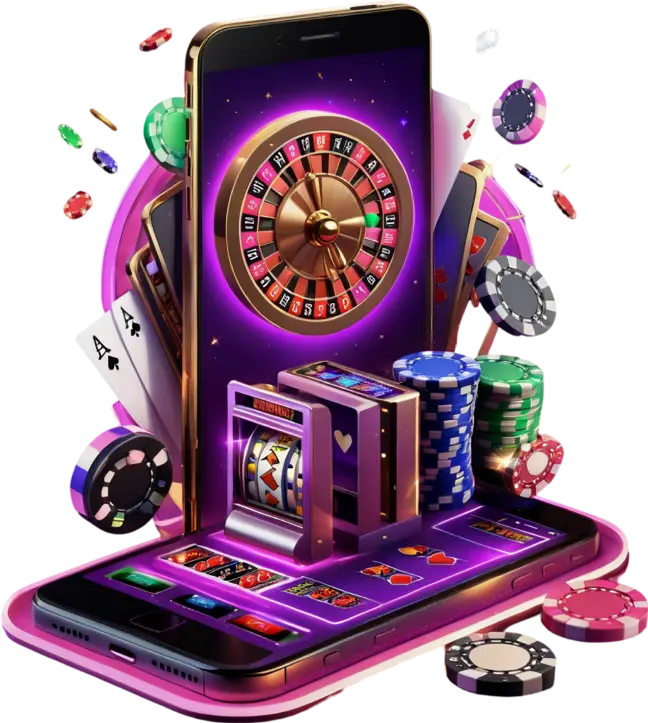

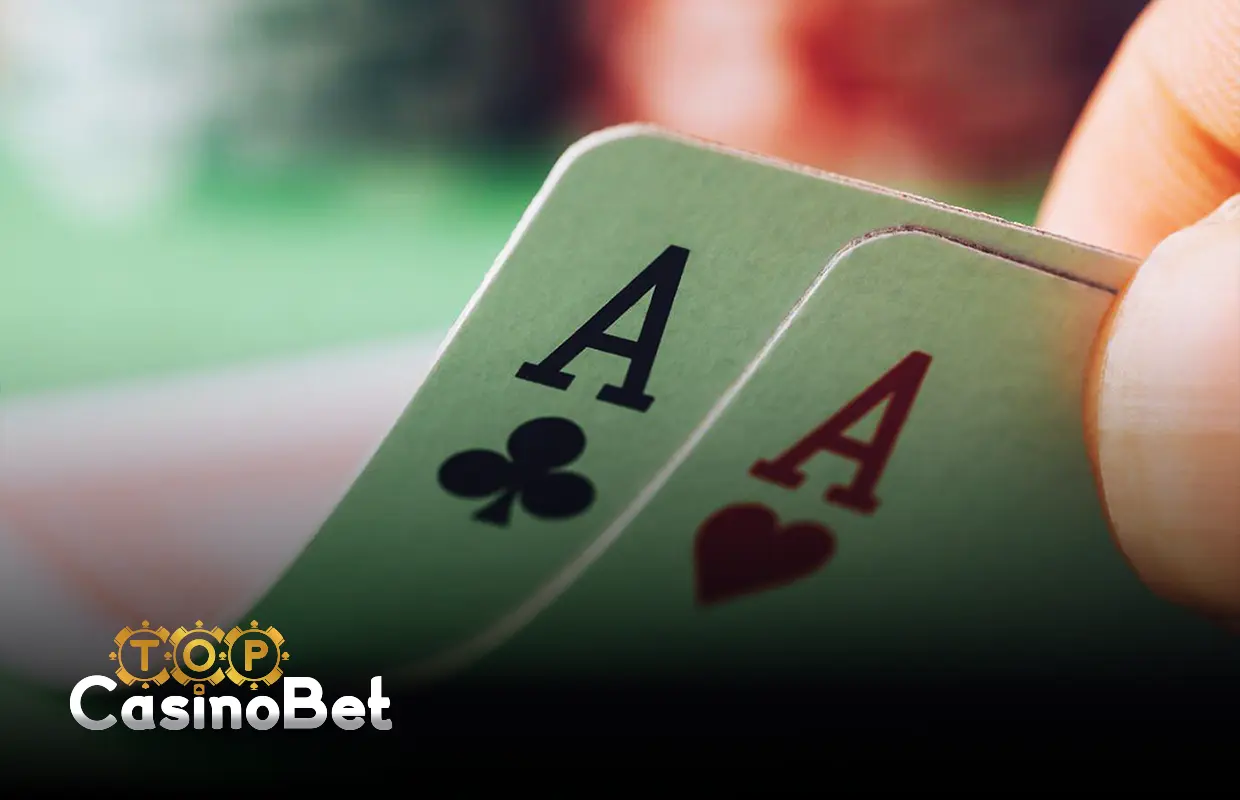
Blackjack is a strange little card game. On one side, it is dead simple: beat the dealer without going over 21. On the other side, the deeper you go, the more weird little rules and casino tricks are going to start revealing themselves. One of the most common is called “even money.”
So what is even money in blackjack? More importantly, is even money in blackjack worth it to the player? It is not just a fancy way to express, "you get your money back," but rather appears at a very specific moment:
At this time, the dealer may lean over and offer you an even money payout. It sounds safe and maybe even generous. Right? Let's find out.
Blackjack normally pays at 3:2. This means if you gamble €10, you make €15 profit and you keep your original €10. Not bad for 2 cards.
But if the dealer is showing an ace, it's a bit scary. If the dealer’s down-card is worth 10, they also have blackjack. When this happens, the hand is a push; nobody wins, nobody loses, you just get your bet back.
Even money is a deal; you're taking the "safe" 1:1 payout for a guaranteed win, rather than risking a push. So if you bet €10, you'll get a guaranteed €10 profit regardless of what the dealer has.
Sounds like a good deal, right? But the downside is, if the dealer doesn't have a blackjack, you just cheated yourself of the better 3:2 payout. You traded your €15 profit on the hand for a guaranteed €10 loss.
In short:
This is where casinos quietly smile. The dealer actually showing blackjack when they're showing an ace? Less than one in three. This means that most of the time, you will earn more money in the long run by simply saying, “nah, I’ll wait for that 3:2 payout?"
Taking even money replaces a €15 lottery ticket with a guaranteed €10. Yes, you'll win something, but over time, you're basically just giving money back. Casinos absolutely love it when a player is willing to do that.
Yeah, they're almost close.
Both are designed to statistically "protect" you from a dealer's blackjack. While mathematically? Both likely favor the house number.
So here’s the reality: assuming you want the best possible long-term approach, don’t take it. It’s simply mathematically not in your favor.
But there are scenarios where some players do:
So while strategy books will tell you, go ahead and skip it, it depends on your ability to take on risk.
While even money in blackjack may feel safe, it often provides the house with an edge. Most of the time, you should just say no and take the traditional 3-2 payouts. If you prefer safety over profits long-term, I can understand your dilemma. The important thing is to know the odds and play with a strategy you are comfortable with.
Even money is when the dealer gives you a 1:1 payout on your blackjack if they show an Ace. It guarantees a profit, but it will limit your long-term winnings.
Most strategy experts say no. By rejecting even money, you unlock more expected value, in the long term, since blackjack pays 3:2.
Not exactly. Even money is only offered if you already have blackjack, as it would be an additional side bet if the dealer's upcard is an Ace. Both of these always favour the house.
You may take it simply as you don't enjoy risk as much as others, if you are playing casually, or as you are in a tournament and chips are more important than odds over the long term - otherwise, don't take it.
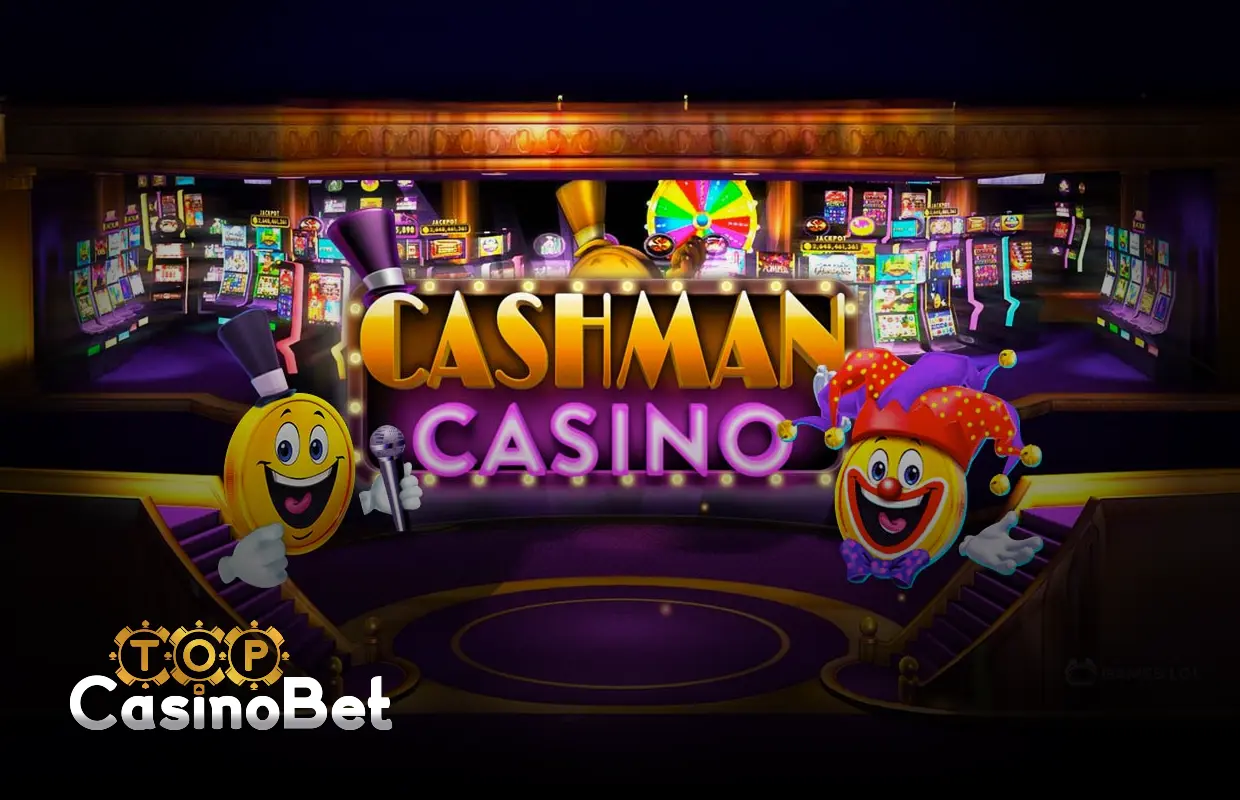


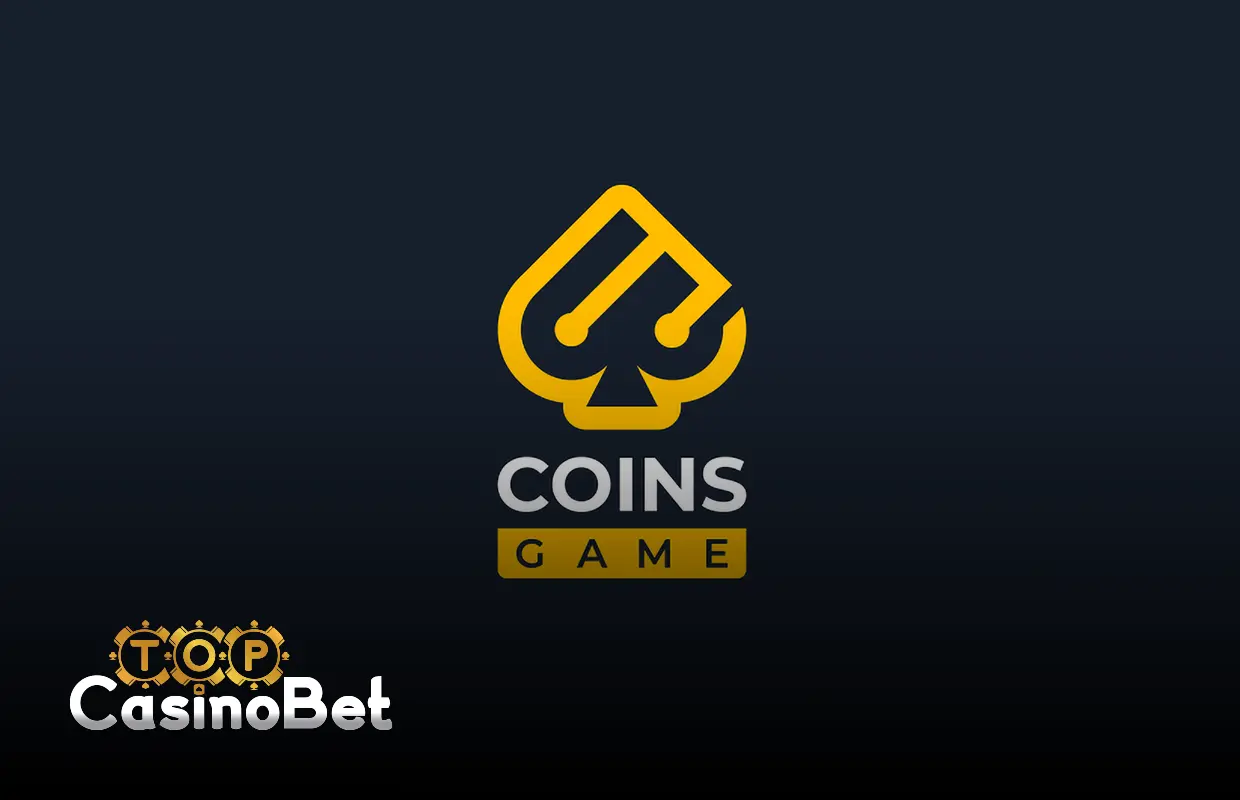





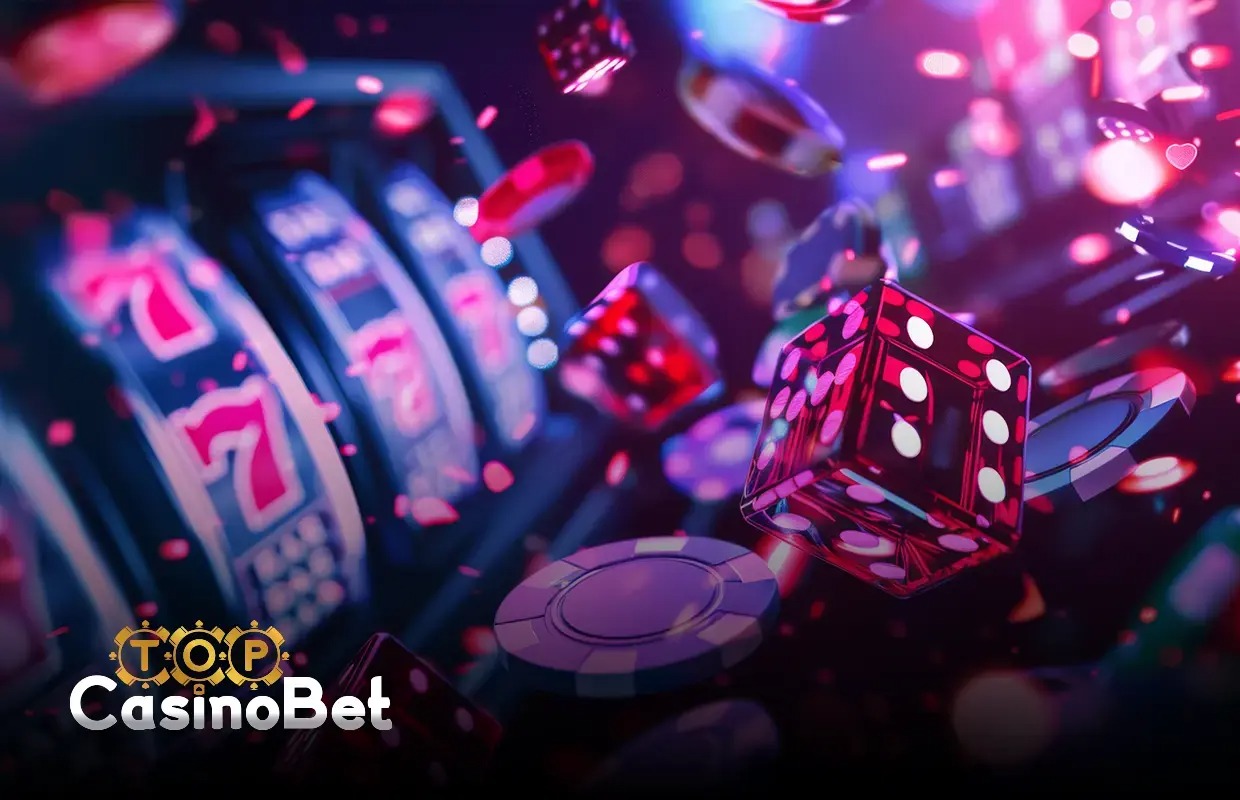


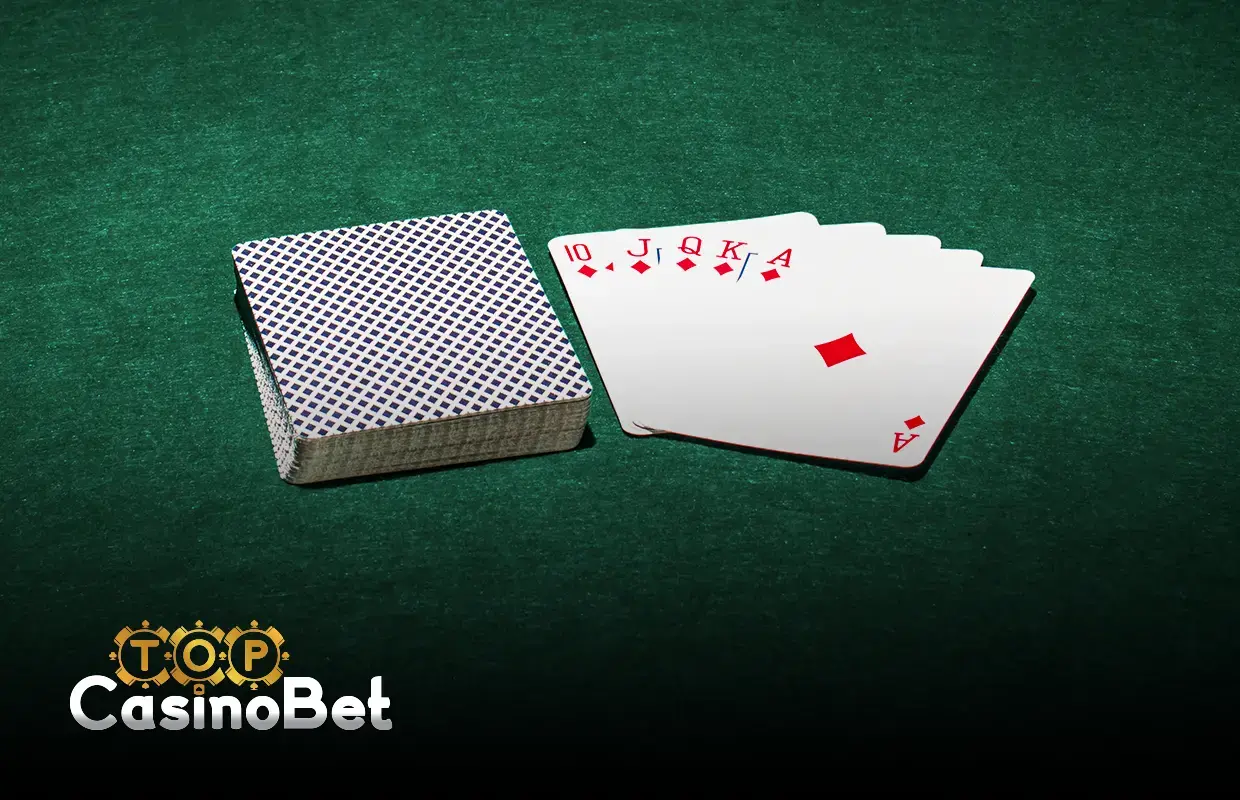





THE BEST ONLINE CASINOS WE RECOMMEND